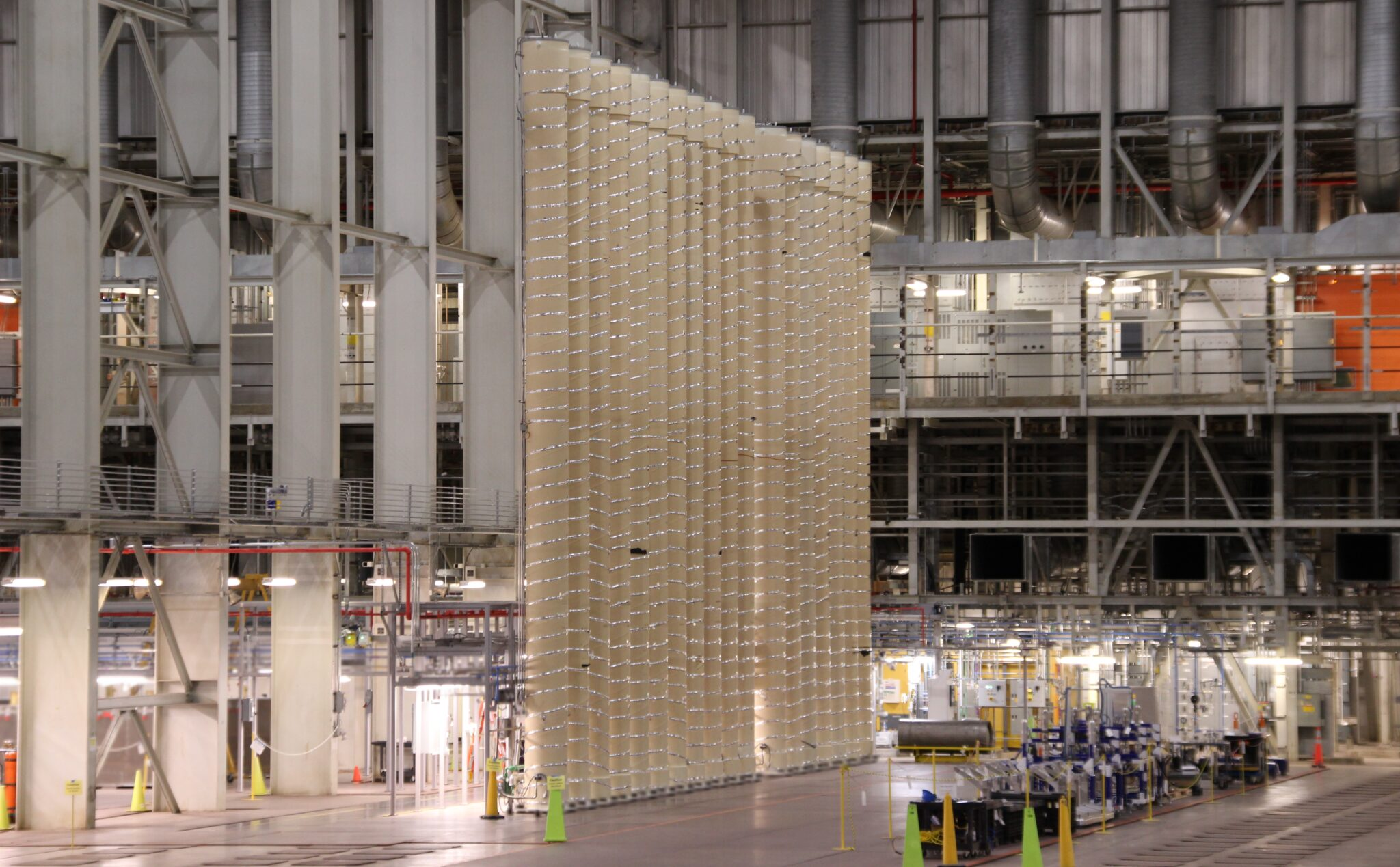The virtual seminar will be held from 12:30 to 2:00 p.m. (E.T.)
The US Department of Energy is spending billions of dollars to develop nuclear reactor designs that require the use of fuel with enrichments from 10 to under 20 percent uranium-235, known as high-assay low-enriched uranium (HALEU). Since HALEU is in short supply, Congress has proposed spending billions more to support a domestic HALEU production industry. To justify these expenditures, supporters claim that HALEU use will make nuclear power more efficient, economical, and proliferation-resistant. This talk will critically evaluate these claims, and in particular will examine the question of whether HALEU can be used directly to make nuclear explosive devices.
About the speaker: Edwin Lyman is a physicist and Director of Nuclear Power Safety at the Union of Concerned Scientists in Washington, DC. He was previously a postdoctoral researcher at Princeton’s Center for Energy and Environmental Studies (the predecessor to the Program on Science and Global Security). He is a co-author of Fukushima: The Story of a Nuclear Disaster (2014). From 2020 to 2023 he served on a National Academies committee studying advanced reactor fuel cycles.
